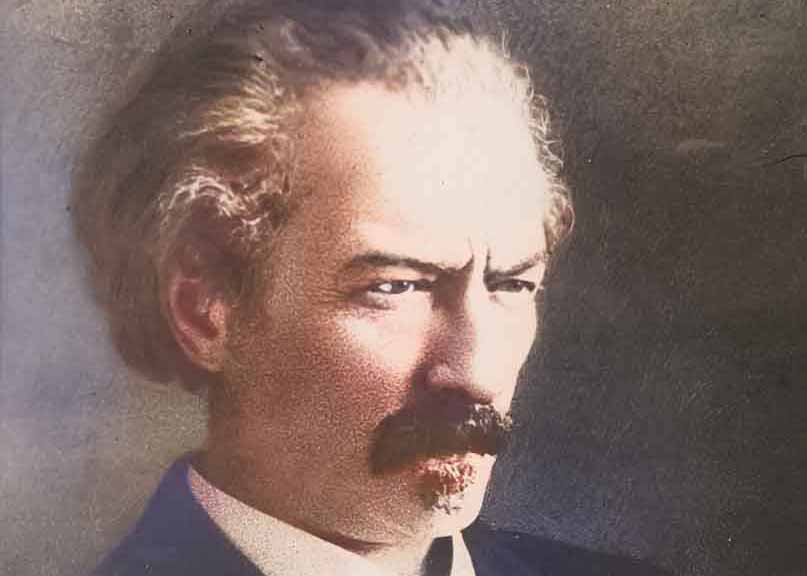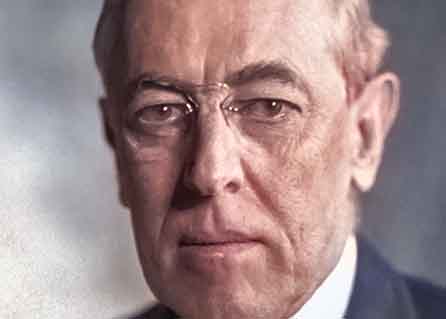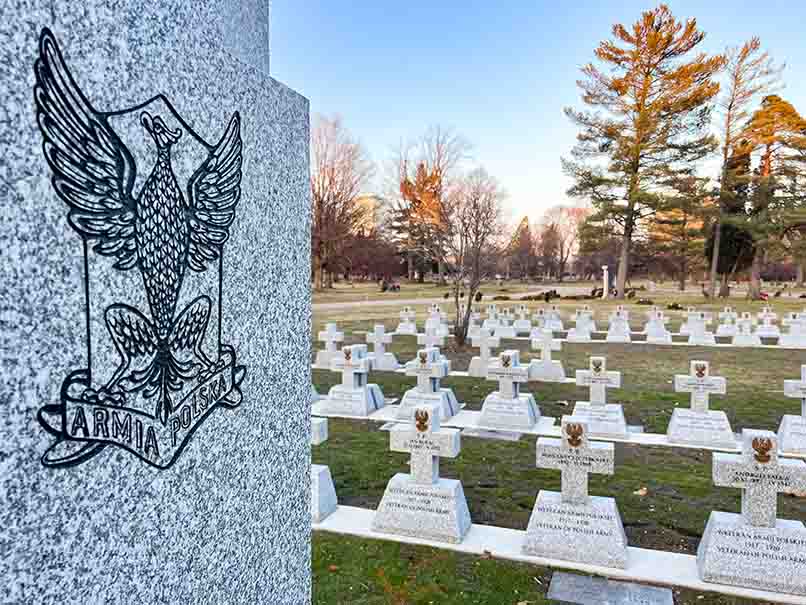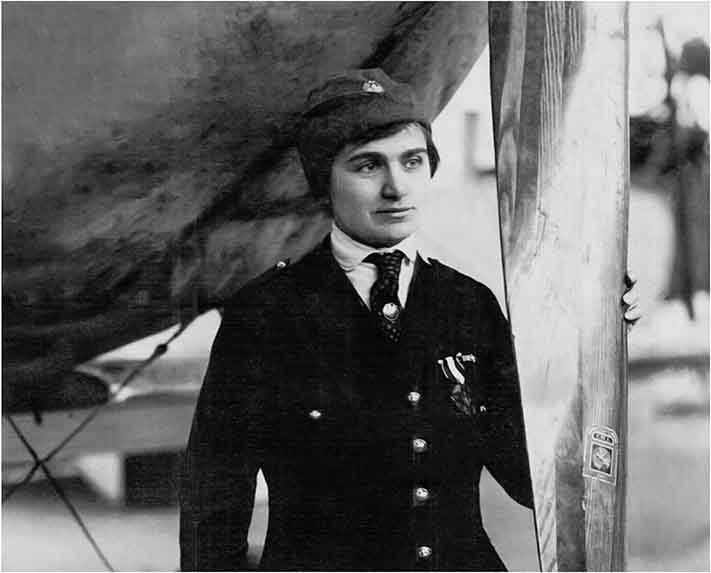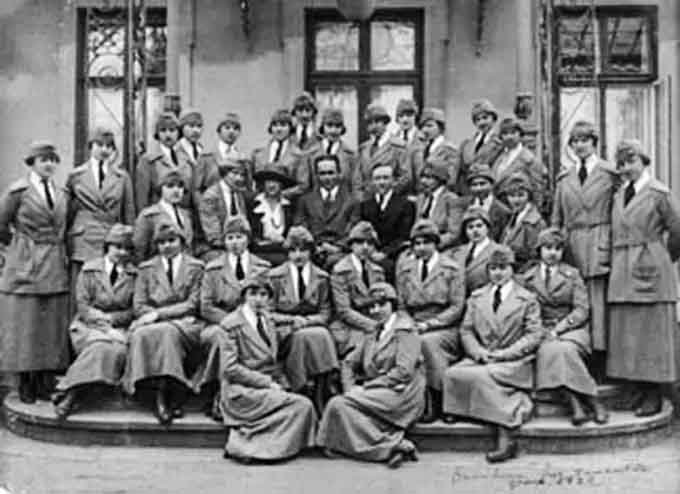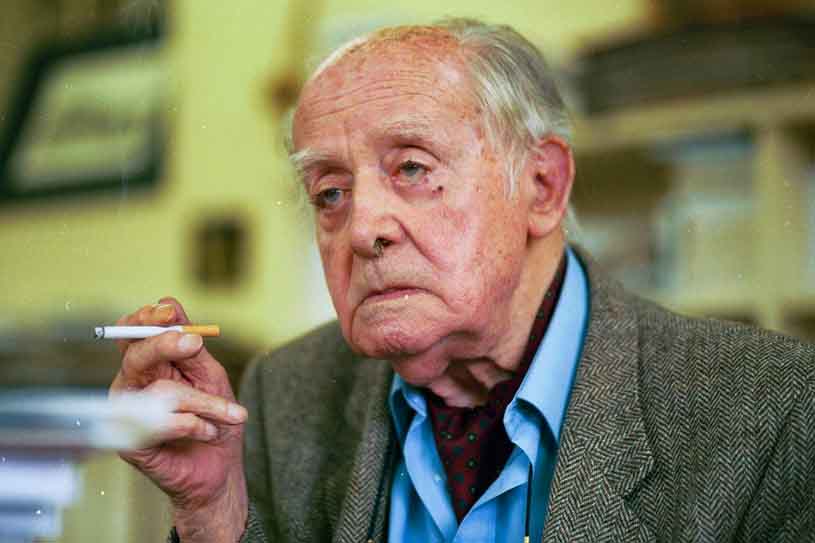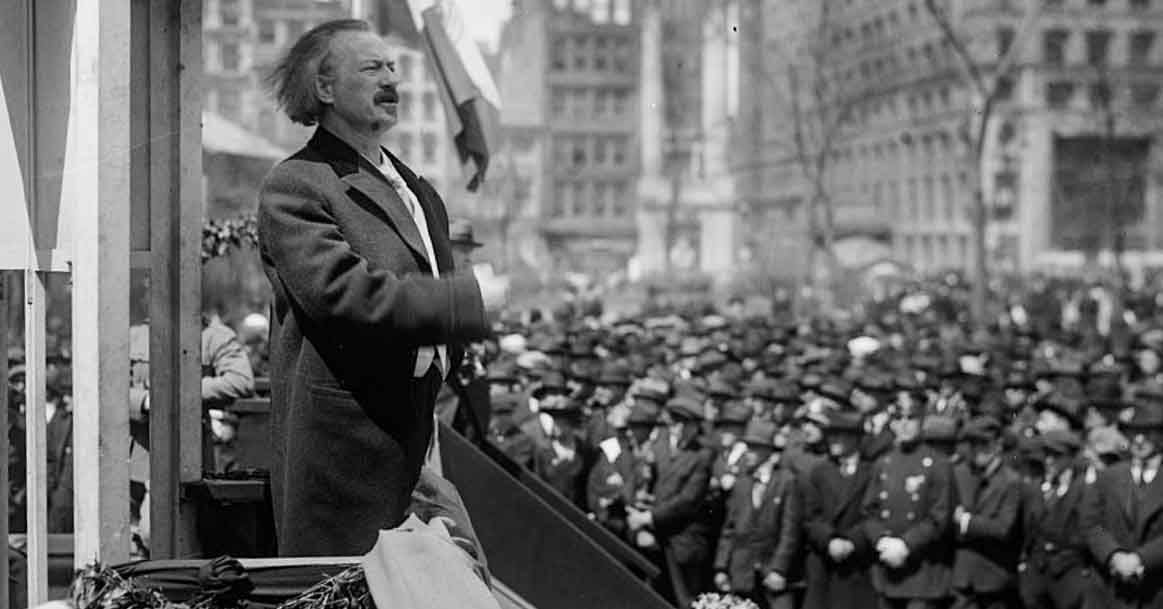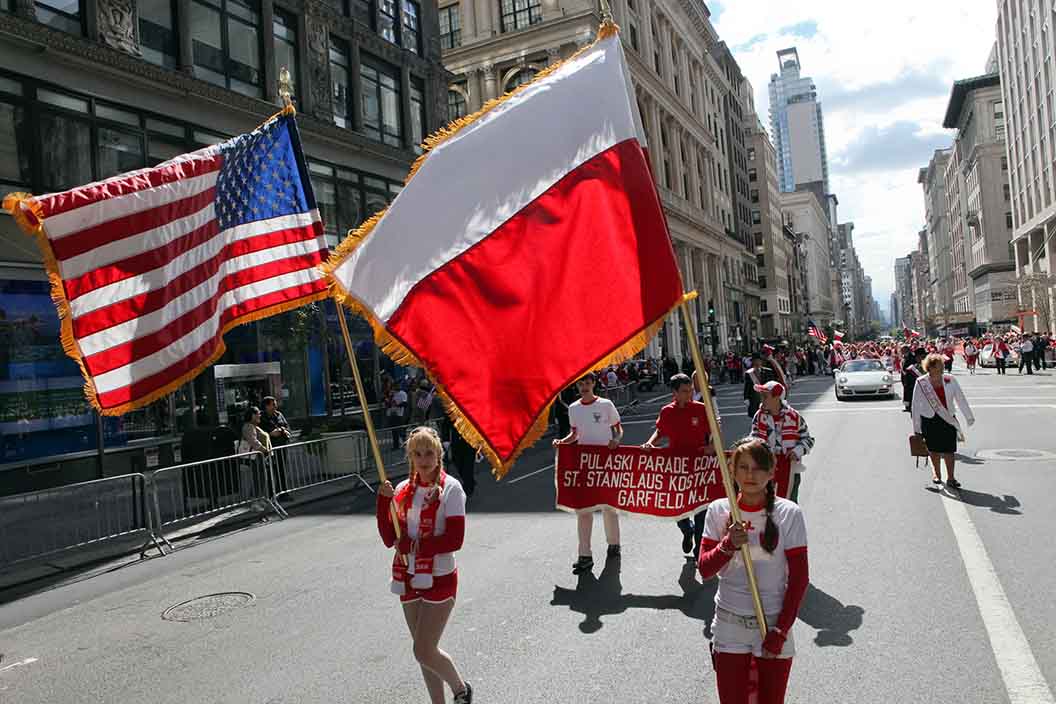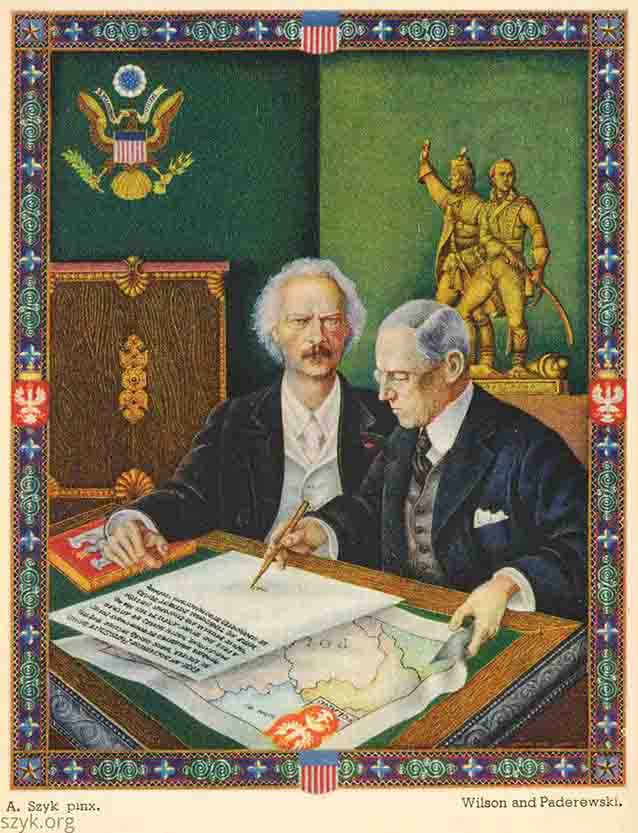Bringing to Poland the ashes of three Presidents-in-Exile of the Republic of Poland: Władysław Raczkiewicz, August Zaleski, and Stanisław Ostrowski, on the anniversary of Poland regaining independence prompts a reflection and reverie. The question arises: Do Poles on the Vistula River realize what the contribution of Polish emigration to the process of regaining independence by Poland was?
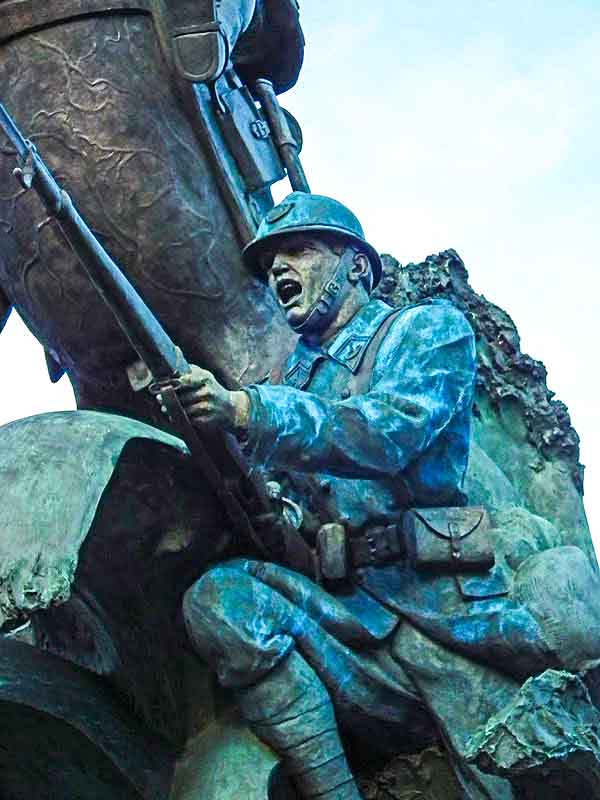
Monument to the Armed Deeds of the American Polonia, commonly known as the Hallerczyk Monument. (Source: Wikipedia)
There is a forgotten monument in Warsaw's Żoliborz district, erected with the money of Polish veterans from America. This is the Monument to the Armed Deeds of the Polish Americans, commonly known as the Hallerczyk Monument. There is an inscription on the pedestal: "To the glory of the military deed of the Polish American community during World War I and its contribution to the work of regaining Poland's independence after 123 years of captivity, this monument is offered to the Polish nation by the Association of Polish Army Veterans in America and the Polish American Diaspora." It is therefore worth recalling the story of 22,000 Polish volunteers from the United States and Canada who abandoned their wives, children and families to devote their lives to their homeland.
There are hundreds of Polish military burial places in the United States. Polish heroes from the Army of General Haller, General Maczek, and General Anders are buried there. Insurgents of Warsaw and many others, for whom the fight and longing for the Homeland lasted until the end of their days. In Milwaukee, there is also the grave of the cursed soldier Captain Wacław Michalski pseud. "Żur" — a faithful soldier of the Świętokrzyska Brigade, who revealed himself in 1997, after Poland joined NATO.
An independent Polish state should be erected which should include the territories inhabited by indisputably Polish populations, which should be assured a free and secure access to the sea, and whose political and economic independence and territorial integrity should be guaranteed by international covenant.
These are words from the famous speech of President Wilson, which he delivered before the American Congress, and later presented at the Congress in Versailles. Thanks to this action, Poland gained support on the international arena and our independence was guaranteed there.
The spectacular actions of Polish patriots in the USA, led by Ignacy Jan Paderewski, led to the creation by Herbert Hoover of the Organization of the American Relief Effort in Poland (1919-1923). This US government organization, along with other organizations, such as the Polish-American Committee for Aid to Children, donated $250 million to Poland.
After World War II, thanks to the efforts of Polish organizations in the USA, UNRRA (United Nations Relief and Rehabilitation Administration) began its activity in Poland as soon as the country was partially liberated. UNRRA spent $1.7 billion on its entire operation. Of this, Poland accounted for $453,000.
According to the data of the World Bank, every year the Polish diaspora from the USA sends about USD 900 million to Poland. The American Polonia after the Yalta Conference, representing the Polish raison d'état and Polish interests with the London government after 1945, accepted 150,000. Poles under the Displaced Persons Program. It was the noblest wave of emigration in the USA, which for decades ensured Poland's representation and survival of national identity under the rule of the communist system in Poland.
It is therefore worth bowing our heads to the emigration, which is forgotten in Poland.





